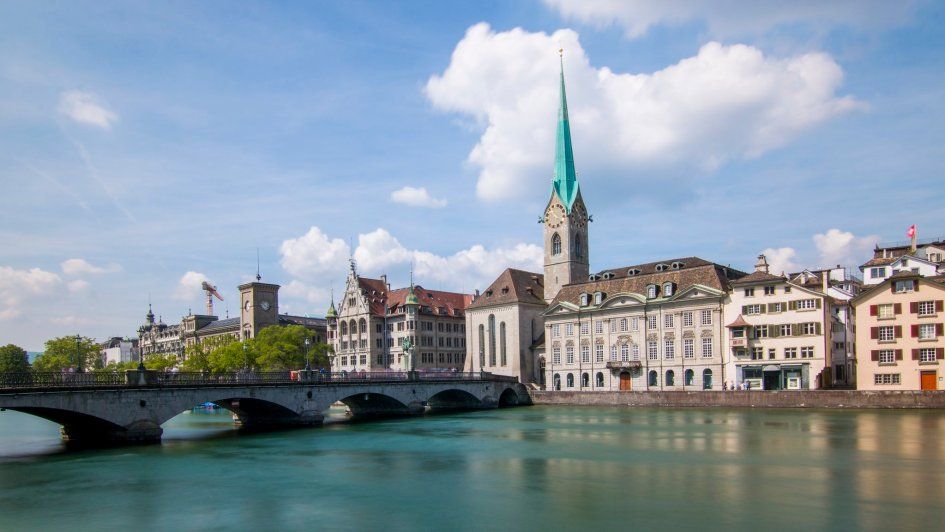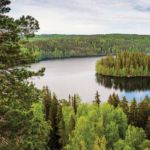The Environmental Performance Index (EPI) uses 25 total performance indicators that are used in generating the rankings which span 180 countries around the globe. Iceland took the prize with an impressive EPI score of 93.5 over 3 points higher than the #2 greenest country, Switzerland. We will uncover what made Iceland standout and how they achieved the top spot.
Iceland is also a pretty unforgiving landscape. It gets tepid rather than warm during the summer months, tepid and bright and then it gets cold and dark really dark. It’s one of the most beautiful countries in the world, with so many glaciers, volcanoes, and waterfalls. A small island, but Iceland has a huge impact on the defense environment. Because of its location, Iceland uses its geothermal resources in order to obtain electricity and heat. The most common source of heat and electricity is hydrogen, and the country hopes to pass entirely on hydrogen consumption.
What makes Iceland rank so high in Environmental Performance index
Iceland is one of the countries that takes its environment very seriously and invests in its sustainability. It has been graded as one of the greenest countries in the world. Besides, it has been in the forefront in the implementation of programs that are Eco-friendly. It boasts of an Environmental Performance index of 93.5.
It has placed focus on the production of electricity and heat by utilizing geothermal landscapes and also played a major role in the fight against ocean pollution. It has made sure that the waters are kept clean and fishing is done while prioritizing on protecting the environment.

Photo by Rudolf Kirchner from Pexels
Iceland is an island country in the Northern Atlantic Ocean, northwest of England. The climate consists of mild, windy winters and cool summers. One of the greenest countries in the world is well known for its renewable energy program that supplies nearly every resident with clean electricity and hot water.
People say that the country’s renewable energy programs were inspired by economics rather than environmental concerns, though the EPI index does not take that into consideration. The country is also in the top happiest nations in the world, according to a report by IceNews. Based on an international poll by Capacent Gallup, 73 percent of Icelanders are satisfied with their lives. There have been no known correlations between being the most eco-friendly place on the planet and once of the happiest, however, it is an intriguing coincidence.
Green Countries Make Tough Decisions
No country is perfect when it comes to going green, there will always be trade-offs that occur for economic gains or convenience factors. Even the United States came in a dismal 61st with a score of 63.5%, showing American’s have a long way to go to catch up to the neighbors across the pond. Regardless we admit Iceland and its happy people for making the world a cleaner place to live and lead the way to achieve it.
Even Mercedes-Benz A-class buses used for public transport in Iceland are all powered by hydrogen and can go 160 km with a full tank. The country is proud that only 18% of its energy sources are derived from coal, the remaining 82% is pure hydrogen and geothermal energy. Conservation of the environment is a high priority for Iceland, a country that depends on natural resources and their sustainable management.
Given the economy’s high dependence on fisheries and exports of seafood, the sustainable harvesting of living marine resources is an economic as well as an environmental priority. A quota system in fisheries, limiting the total allowable catch at a level deemed sustainable by marine scientists, is showing signs of paying off. On the global agenda, Iceland has been a strong voice in the fight against the pollution of the oceans. Icelandic waters are among the cleanest in the world. Iceland has taken an active role in international fora on the issue of persistent organic pollutants.
Nature conservation, in general, is of increasing concern. Iceland has some of the few remaining large wilderness areas in Europe, and its natural features are in many ways unique. Development pressures from tourism and energy production (hydroelectric and geothermal) on wilderness areas are increasing, which calls for improved planning to reconcile nature conservation and the continuing development of Iceland’s abundant clean and renewable energy sources.
Photo by Rudolf Kirchner from Pexels
Check our article where we revealed the top 11 greenest countries in the world where we counted down the top-ranked eco-friendly countries based on the Environmental Performance Index (EPI).













